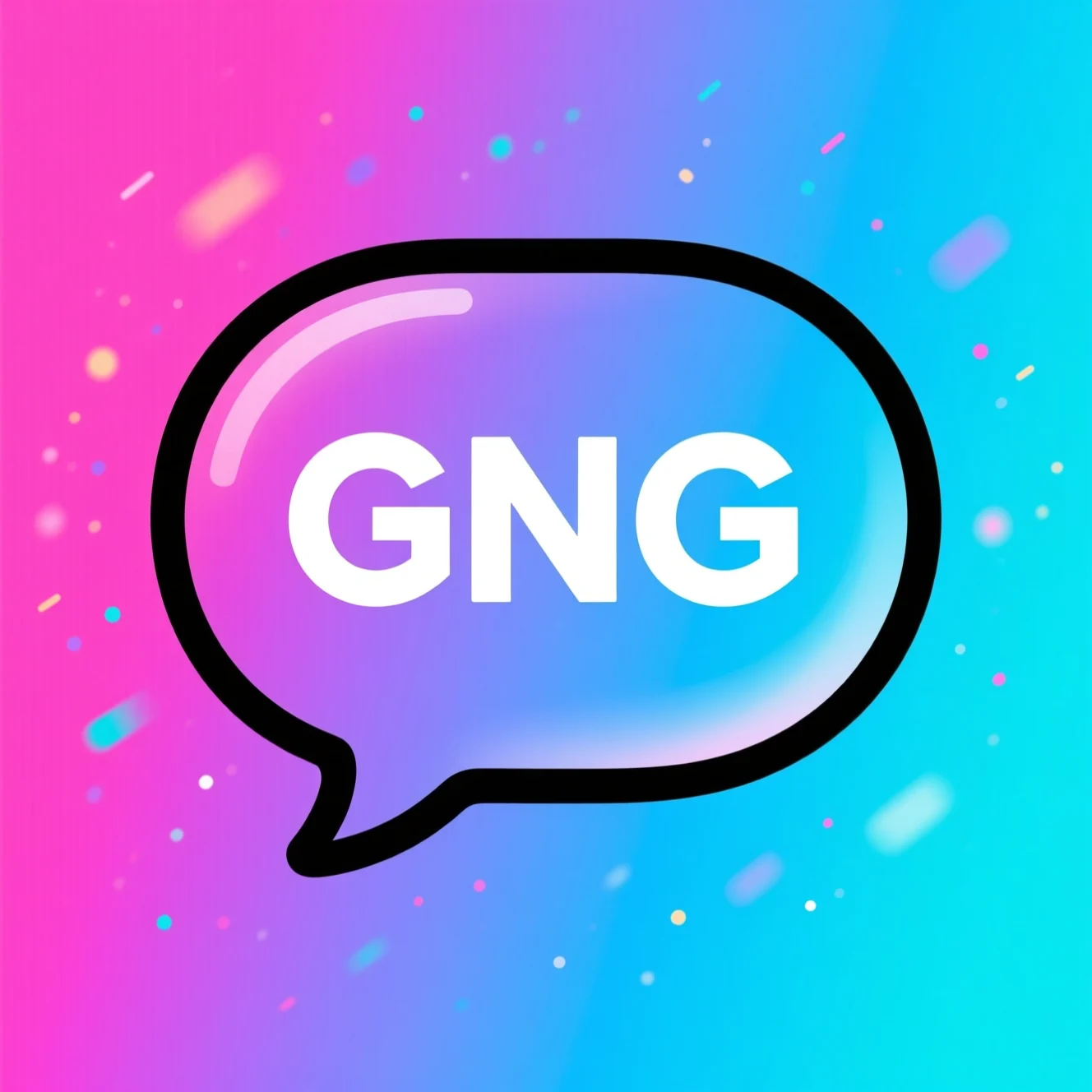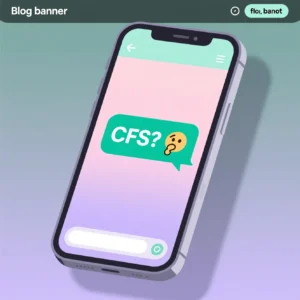Have you ever received a text that said “GNG” and wondered what it meant? This abbreviation pops up everywhere — in texting, social media, gaming chats, and even workplace DMs. Understanding slang like GNG matters because it keeps you in the loop during fast-paced conversations. Missing its meaning could lead to confusion or awkward pauses.
In today’s connected world, texting shorthand has become part of everyday language, and GNG is no exception. Knowing this term not only makes you sound up-to-date but also helps you communicate more efficiently.
Definition & Meaning
GNG most commonly stands for “Going” or “Going, Going”, implying that someone is leaving, heading out, or is about to take action.
Examples in conversation:
A: “Hey, are you still in the game?”
B: “Nope, gng to bed. See you tomorrow.”
Sometimes, GNG can also mean “Gang” — a group of friends or allies — in certain online communities.
Example:
A: “We rolling out tonight?”
B: “Yeah, GNG is ready!”
The meaning depends heavily on context. In most casual chats, it simply means “going.”
Background & History
Abbreviations like GNG became popular during the early 2000s when text messages were limited to 160 characters. People found shortcuts to type faster, and GNG fit perfectly as a quick way to tell someone you were leaving or moving.
With the rise of instant messaging (Yahoo, MSN Messenger) and later platforms like WhatsApp and Discord, GNG remained a staple. Gamers, in particular, adopted it to quickly communicate status updates like “going to base” or “going offline.”
Today, GNG is part of the broader language of internet slang, evolving alongside terms like BRB, GTG, and AFK.
Usage in Various Contexts
Texting & Social Media
A: “Can you join the call?”
B: “GNG rn, will text later.”
Gaming
A: “Respawn point?”
B: “GNG to base, cover me.”
Workplace Messaging
While GNG is informal, some teams use it casually in Slack or Teams chats.
Example:
Employee 1: “Meeting over?”
Employee 2: “Yes, gng for lunch.”
Casual Conversations
People drop “gng” in friendly chats to signal departure, heading offline, or even jokingly when leaving a boring conversation.
Common Misconceptions & Clarifications
Some people think GNG is rude or abrupt. However, it’s not usually dismissive — just efficient.
Clarification points:
- In gaming, it’s a status update, not a snub.
- In texting, pairing it with an emoji like 🚶♂️ can make it sound friendly.
- GNG ≠ GTG (though they’re similar, GTG explicitly means “got to go”).
Similar Terms & Alternatives
| Term | Meaning | Best Used In |
|---|---|---|
| BRB | Be Right Back | Text, Gaming |
| AFK | Away From Keyboard | Gaming, Work |
| GTG | Got to Go | Texting, Work |
| GNG | Going/Leaving | Text, Social Media, Gaming |
These alternatives depend on the tone you want. GTG is slightly more polite, AFK is more common in gaming.
How to Respond to GNG
- Casual: “Ok, ttyl!”
- Funny: “Already? The party just started! 😂”
- Professional: “Thanks for letting me know.”
- Privacy-Conscious: “👍” (short and simple)
Providing the right response keeps the flow of conversation natural and respectful.
Regional or Cultural Differences
While GNG is mainly used in English-speaking countries, similar shorthand exists globally. In Japan, users might just type “いく” (iku — going) or drop a walking emoji. Cultural context affects how casual or polite you should be.
Comparison with Similar Terms
| Term | Formality Level | Context |
|---|---|---|
| GNG | Casual | Everyday chat, gaming |
| GTG | Neutral | Good for casual or work chat |
| AFK | Neutral | Mostly gaming |
| Leaving | Formal | Workplace or professional emails |
Usage in Online Communities & Dating Apps
On Tinder, Bumble, or Discord, GNG can be used humorously.
Example:
A: “So, do you like cats?”
B: “Nope, gng 😂”
This is often tongue-in-cheek and signals playful exit rather than offense.
Hidden or Offensive Meanings
GNG rarely has offensive meanings, but in niche internet circles, it could stand for unrelated acronyms. Always consider context — if it feels out of place, ask.
Suitability for Professional Communication
GNG is too informal for professional email or formal documentation. Use clear alternatives:
- “I’m stepping out now.”
- “Leaving the office, will follow up later.”
FAQs
Q1: Does GNG always mean going?
A: Not always — sometimes it can mean “gang.” Context decides.
Q2: Can GNG be rude?
A: Not really, but adding context helps soften it.
Q3: Is GNG used in gaming a lot?
A: Yes, especially to indicate a quick departure.
Q4: What’s the difference between GNG and GTG?
A: GTG is clearer and slightly more formal.
Q5: Should I use GNG in work chat?
A: Only if your team culture is casual.
Q6: Is GNG still trending in 2025?
A: Yes, thanks to gaming and social media usage.
Conclusion
GNG is a versatile shorthand that keeps communication quick and easy. Whether in texting, gaming, or social media, it signals that someone is leaving or moving. Understanding this term ensures you stay up to speed with digital conversations and respond appropriately.



